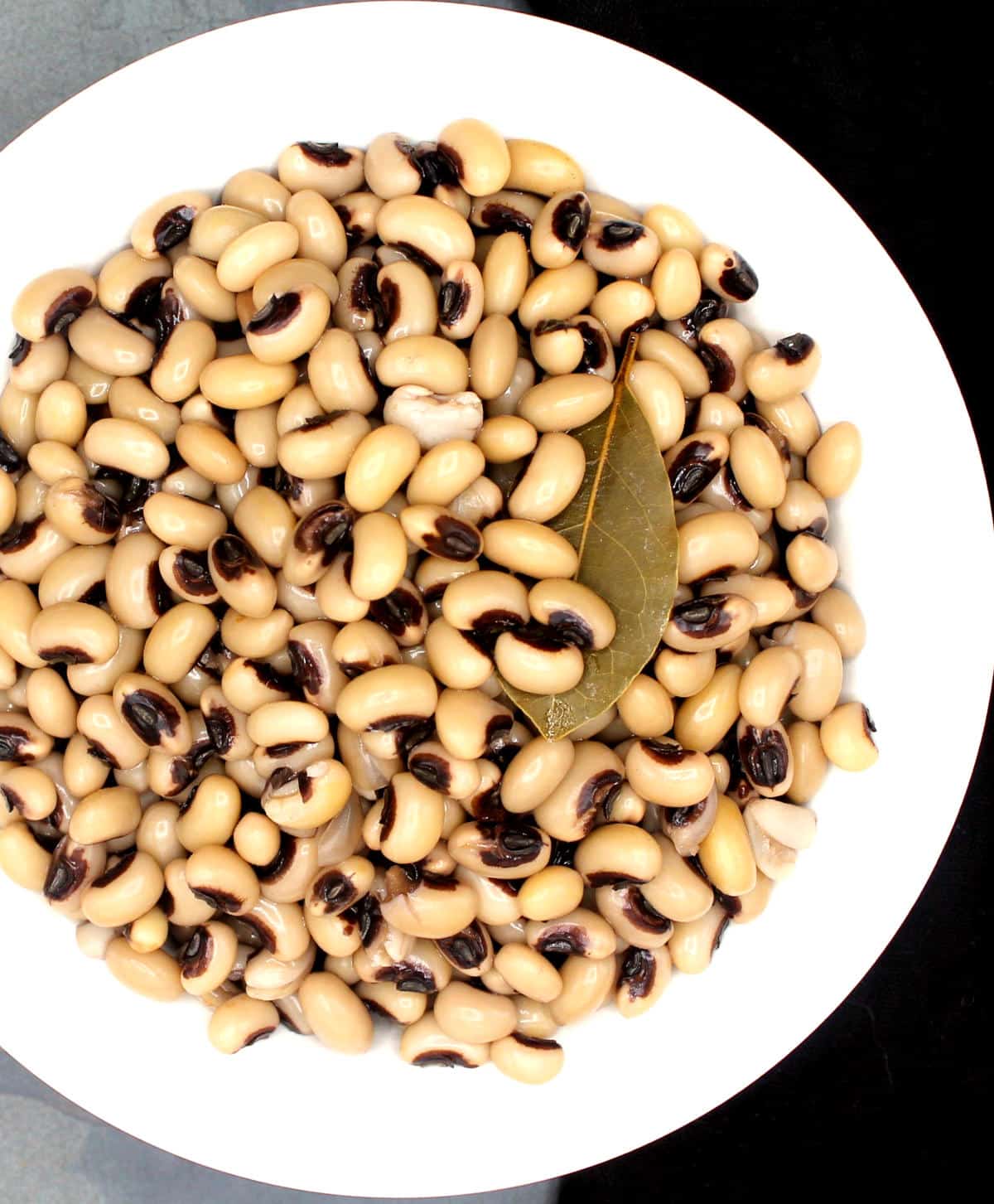Health Benefits of Black Eyed Peas
What are the health benefits of black eyed peas?
Black-eyed peas, also known as cowpeas, are a type of legume that offer several health benefits. Here are some key health benefits of black-eyed peas:
- Rich in Nutrients: Black-eyed peas are a good source of protein, fiber, and various vitamins and minerals. They are particularly high in folate, iron, potassium, and magnesium.
- Heart Health: The fiber, potassium, and magnesium in black-eyed peas are beneficial for heart health. Fiber helps lower cholesterol levels, while potassium and magnesium help regulate blood pressure and improve cardiovascular function.
- Weight Management: Black-eyed peas are low in fat and calories but high in fiber and protein, making them a filling and nutritious food choice for individuals trying to manage their weight. The fiber and protein in black-eyed peas help promote satiety and reduce overall calorie intake.
- Blood Sugar Control: The fiber and protein in black-eyed peas help slow down the absorption of sugar into the bloodstream, which can help regulate blood sugar levels and reduce the risk of type 2 diabetes.
- Digestive Health: Black-eyed peas are a good source of dietary fiber, which is important for digestive health. Fiber helps promote regular bowel movements, prevent constipation, and support a healthy gut microbiome.
- Antioxidant Properties: Black-eyed peas contain antioxidants, including vitamin C and various phytochemicals, which help protect cells from damage caused by free radicals. Antioxidants may also reduce the risk of chronic diseases like cancer and heart disease.
- Bone Health: Black-eyed peas are a good source of calcium, magnesium, and phosphorus, which are important for bone health. These minerals help maintain bone density and reduce the risk of osteoporosis.
Overall, black-eyed peas are a nutritious legume that can be enjoyed in a variety of dishes. They offer several health benefits and can be a valuable addition to a balanced diet.
What are the health risks of black eyed peas?
Black-eyed peas are generally safe for most people when consumed as part of a balanced diet. However, there are some potential health risks associated with their consumption:
- Flatulence: Like other legumes, black-eyed peas contain complex carbohydrates that can be difficult for some people to digest. This can lead to gas, bloating, and flatulence, especially in individuals who are not used to consuming legumes regularly. Soaking the peas before cooking and gradually increasing their intake can help reduce these digestive issues.
- Antinutrients: Black-eyed peas, like other legumes, contain antinutrients such as phytates and tannins. These compounds can interfere with the absorption of minerals like iron and zinc. However, soaking, sprouting, or cooking the peas can help reduce the levels of antinutrients and improve mineral absorption.
- Allergic Reactions: Some individuals may be allergic to legumes like black-eyed peas. Allergic reactions can cause symptoms such as itching, swelling, hives, or difficulty breathing in severe cases. People with a known allergy to legumes should avoid black-eyed peas.
- Gout: Black-eyed peas are moderately high in purines, which are substances that can be broken down into uric acid in the body. High levels of uric acid can contribute to the development of gout in susceptible individuals. People with gout or a history of gout attacks may need to limit their intake of purine-rich foods like black-eyed peas.
- Interference with Medications: Black-eyed peas contain vitamin K, which plays a role in blood clotting. Individuals taking blood thinners like warfarin (Coumadin) should consume black-eyed peas in moderation and maintain consistent intake of vitamin K-rich foods to avoid fluctuations in their medication’s effectiveness.
Overall, black-eyed peas are a nutritious legume that can be enjoyed as part of a healthy diet. However, individuals with allergies to legumes, digestive issues, gout, or those taking blood thinners should consume black-eyed peas with caution and consult with a healthcare provider as needed.




